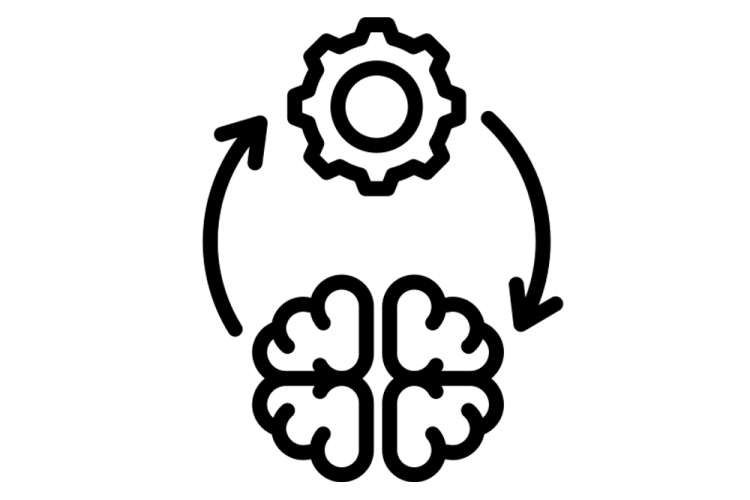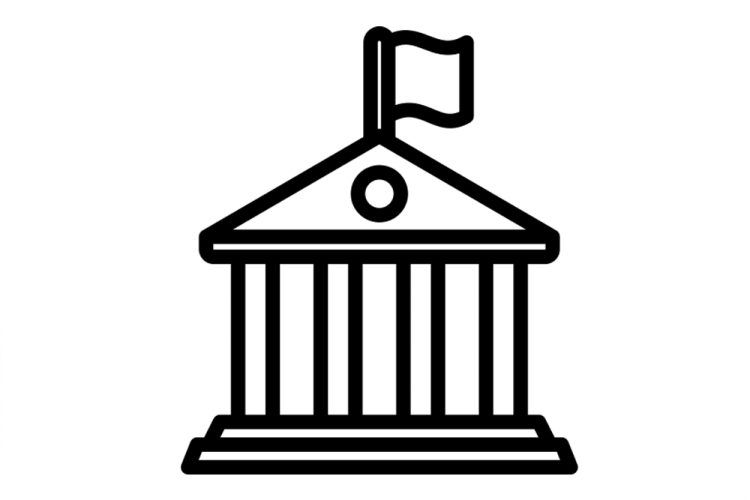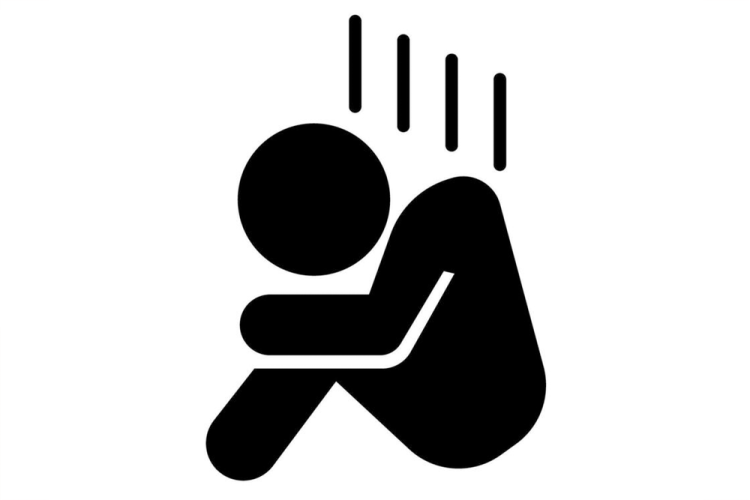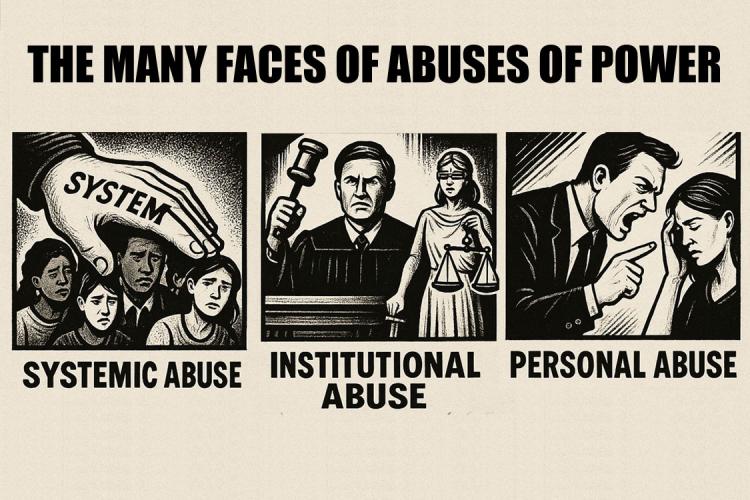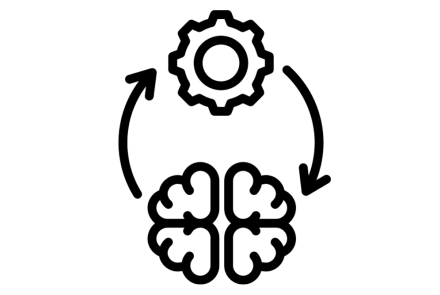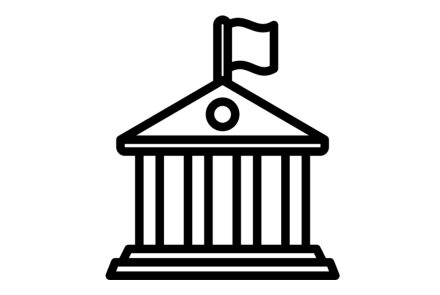Systemic abuse of power is the most deeply embedded and far-reaching form of abuse, woven into the very structures that govern society. It’s not limited to one person or institution—it’s a pattern that spans generations, reinforced by laws, policies, traditions, and cultural norms that disproportionately disadvantage certain groups while protecting others.
5 May 2025
Institutional abuse of power occurs when organizations—such as schools, workplaces, law enforcement, religious bodies, or healthcare systems—use their authority to exploit, suppress, or neglect the people they are meant to serve or protect. Unlike personal abuse, which happens between individuals, institutional abuse is systemic and often normalized within policies, cultures, and unspoken rules.
3 May 2025
Personal abuse of power is one of the most insidious forms of control. It doesn’t come from a title or a badge, but from the emotional, psychological, and relational dynamics between individuals—often in families, romantic relationships, or close friendships. Unlike systemic or institutional abuse, personal abuse of power often hides behind smiles, sweet words, and shared history. It's harder to spot because it’s wrapped in intimacy.
24 April 2025
Abuses of power can take many forms—personal, institutional, or systemic—and each carries devastating consequences. At the personal level, power can be misused in families, friendships, or workplaces when individuals control, manipulate, or intimidate others for personal gain. These abuses often remain hidden behind closed doors, protected by silence, fear, or shame.
Recent Posts
Tags
Sign Up for Newsletter
Stay inspired and make a difference—subscribe to our newsletter to get impactful stories, volunteer opportunities, and ways to support our mission delivered right to your inbox.

